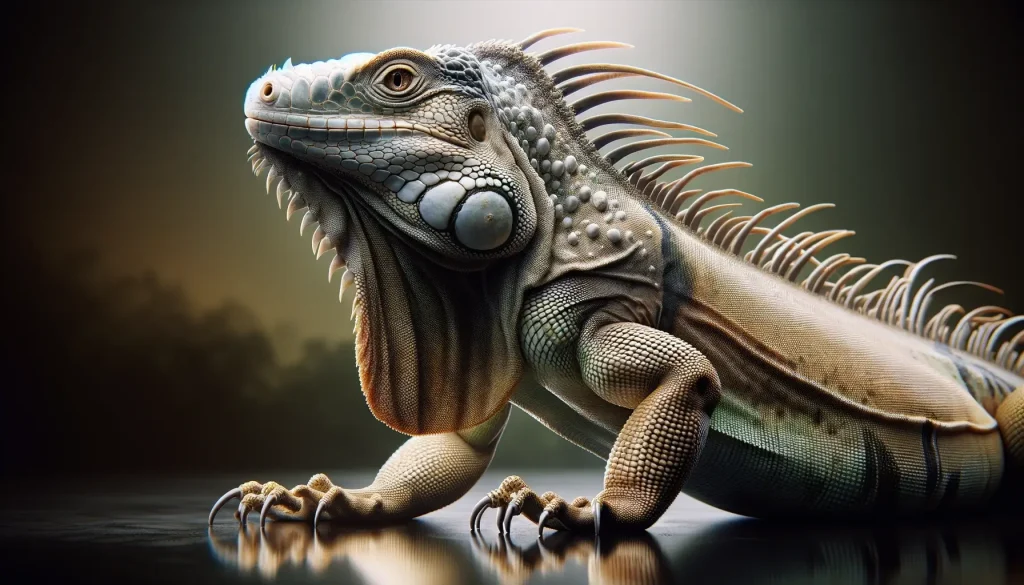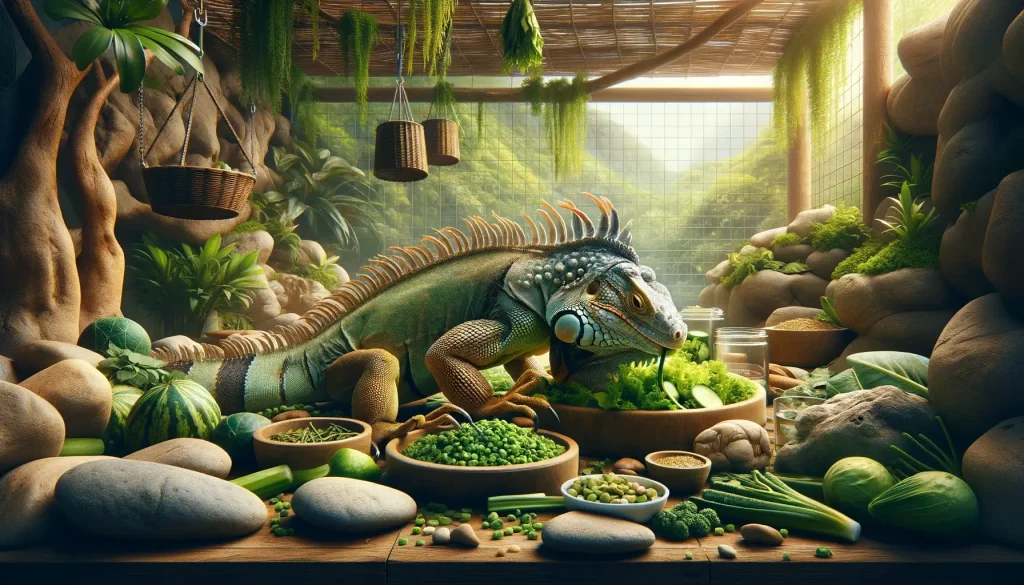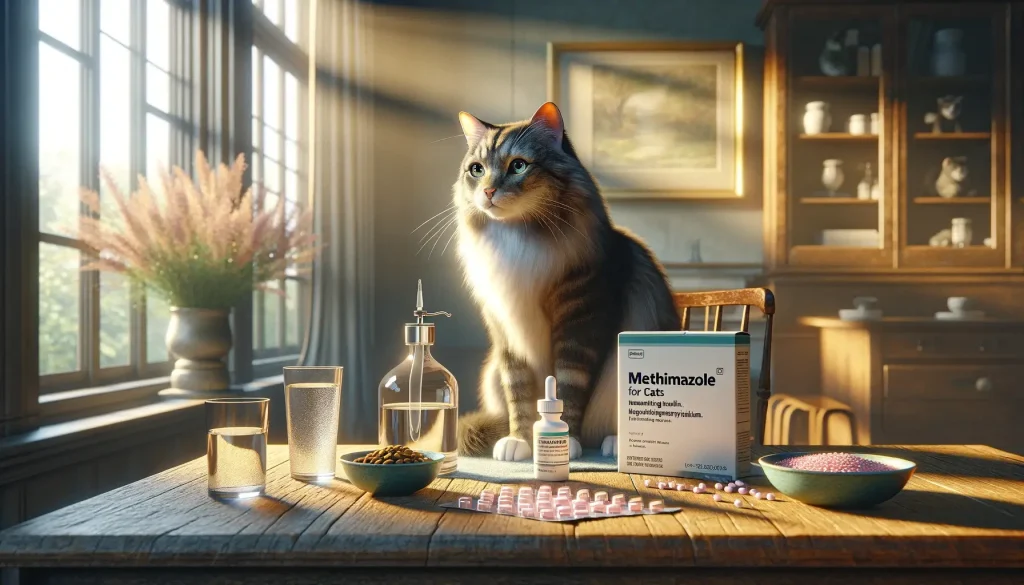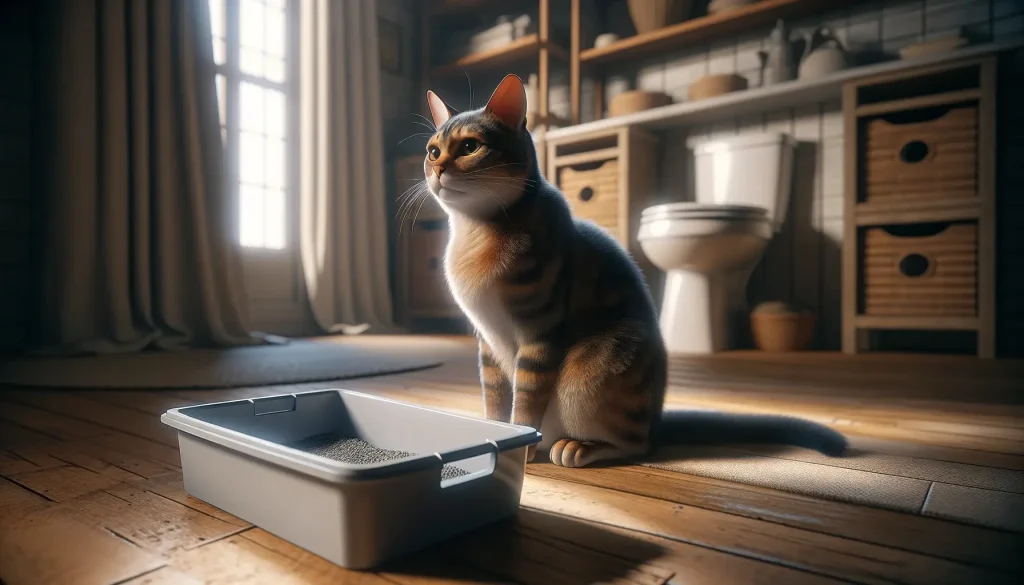
When considering an iguana as a pet, it’s crucial to understand the level of commitment and care these majestic reptiles require. Iguanas are not just any ordinary pet; they are a significant long-term responsibility, potentially becoming part of your life for two decades or more. Their care demands a deep understanding of their natural habitat, diet, behavior, and health needs.
This guide will delve into the specifics of habitat setup, including temperature and lighting requirements, diet and nutrition, socialization techniques, and health care tips to ensure your iguana leads a happy, healthy life. By committing to the comprehensive care of your iguana, you embark on a rewarding journey that brings the beauty of the natural world into your home, offering a unique companionship that enriches both your lives.
Fun Facts About Iguanas
When it comes to choosing an iguana as your pet, you’re signing up for a truly unique experience. Let’s dive into some fascinating facts that highlight just how interesting these creatures are.
- Iguanas can hold their breath for up to 30 minutes. This skill helps them avoid predators in the wild by diving into water and staying submerged.
- The word ‘iguana’ is derived from a Spanish form of the original Taino name for the species, ‘iwana‘.
- Despite being known for their green color, iguanas can change color depending on their mood, health, and the temperature around them. This color change is not as dramatic as a chameleon but noticeable.
- Iguanas have a ‘third eye‘ on top of their heads, known scientifically as the parietal eye. While it doesn’t function like a regular eye, it helps sense changes in light, enabling iguanas to regulate body heat and detect predators.
- They have excellent vision and can see shapes, shadows, colors, and movement at long distances. Iguanas use this vision to navigate through dense forests and to find food.
- Iguanas are proficient climbers. Their sharp claws allow them to scale almost any surface, making it easy for them to escape danger.
- An iguana’s tail is a powerful weapon. It can be used to deliver painful whips to defend against predators or rivals. Interestingly, if an iguana feels threatened and needs to make a quick escape, it can detach its tail. Don’t worry, though; it will grow back.
- Their diet is primarily herbivorous, but they have been known to eat small insects or animals if they lack sufficient greenery.
Iguanas are fascinating creatures with a set of unique characteristics and behaviors that make them stand out in the animal kingdom. As a pet owner, understanding these interesting facts can help you appreciate your iguana’s natural instincts and characteristics, enhancing your pet care experience.

Iguana Behavior
Understanding iguana behavior is crucial for their wellbeing and bond with owners. While fascinating, iguanas present challenges due to their instincts and solitary nature.
- Solitary Nature: Iguanas are solitary creatures, preferring their own space even in captivity. Respecting this helps prevent stress and aggression.
- Body Language: Learn iguana cues like tail whipping or relaxed postures to understand their mood and needs better.
- Territorial Behavior: Especially in males, territoriality can lead to aggression. Provide ample space to mitigate this behavior.
- Handling and Socialization: While solitary, iguanas can enjoy handling with gentle, consistent interaction. Respect their boundaries.
- Signs of Stress: Monitor signs like appetite loss or aggression, addressing stressors promptly for their health.
- Adaptation to Environments: Iguanas can learn routines and explore when feeling secure. Stability in their environment is crucial for comfort.
Respecting iguana instincts fosters a fulfilling bond, ensuring their happiness and health in captivity
Ideal Habitats for Iguana
Creating the perfect environment for your iguana is crucial for its health and happiness. Iguanas are native to tropical climates, so your pet’s habitat should mimic this warm and humid environment as closely as possible.
- Spacious Enclosure: Provide ample space for exploration, with dimensions of at least 6x8x4 feet to accommodate their size and natural behaviors.
- Temperature Gradients: Maintain a warm basking area around 95°F and cooler zones between 75-85°F to support thermoregulation.
- UVB Lighting: Install high-quality UVB lights covering a significant area to ensure proper calcium metabolism and prevent metabolic bone disease.
- Humidity Control: Maintain humidity levels between 65% and 75% through misting, humidifiers, or large water dishes.
- Varied Landscape: Offer diverse perches, branches, and hiding spots for physical activity and mental stimulation.
- Substrate Choice: Opt for safe substrates like newspaper or reptile carpet to prevent impaction, avoiding sand or gravel.
- Safety Measures: Ensure secure enclosures to prevent escapes and place the habitat in a stress-free environment.
- Cleanliness: Regularly clean the habitat to prevent bacterial buildup, including daily spot cleaning and weekly thorough cleaning.
Designing an ideal habitat for your iguana requires thoughtful consideration and ongoing care, providing not just a living space but a thriving ecosystem that enhances their well-being and quality of life.

Diet and Nutrition for Healthy Iguanas
Ensuring your iguana receives a balanced and nutritious diet is crucial for its health and longevity. Iguanas are strictly herbivorous, requiring a diet rich in vitamins, minerals, and fiber to mimic their natural feeding habits in the wild. Here’s a deeper look into the dietary needs and nutrition essentials for healthy iguanas.
- Leafy Greens & Vegetables: Leafy greens like kale, mustard, and collard greens provide essential nutrients. Spinach should be limited due to oxalate content inhibiting calcium absorption.
- Variety with Vegetables: Bell peppers, zucchini, carrots, and squash offer nutrients and encourage foraging behavior. Chop into manageable pieces for easy consumption.Bell peppers, zucchini, carrots, and squash offer nutrients and encourage foraging behavior. Chop into manageable pieces for easy consumption.
- Fruits as Occasional Treats: Mango, papaya, and berries are vitamin-rich treats but high in sugar. Moderation is key to prevent health issues like obesity.
- Supplements for Health: Calcium powder ensures bone health, while vitamin D3 aids absorption, especially with limited UVB exposure.
- Hydration Importance: Provide fresh water and mist regularly to maintain hydration and humidity levels necessary for health.
- Toxic Foods and Monitoring: Avoid avocado, rhubarb, and chocolate, and monitor food intake and weight for optimal health.
By understanding and meeting the dietary and nutritional needs of your iguana, you can ensure a healthy, vibrant companion. A well-balanced diet, proper supplementation, and adequate hydration are key to preventing nutritional deficiencies and supporting overall wellbeing.
Healthcare for Iguanas
Healthcare for iguanas is a multifaceted approach that demands a combination of preventative care, vigilant observation, and immediate action when health issues arise. Iguanas, with their unique physiological needs, are prone to several health concerns that can be mitigated or exacerbated by their living conditions and diet. Here’s an in-depth look at how to ensure the health and well-being of your iguana:
Preventative Care
The cornerstone of iguana healthcare is preventative care, which includes:
- UVB Lighting: Proper UVB lighting is critical for the synthesis of vitamin D3, enabling calcium absorption. Insufficient UVB exposure can lead to metabolic bone disease (MBD), characterized by weak bones, deformities, and in severe cases, paralysis or death.
- Optimal Humidity: Iguanas thrive in high humidity environments, mimicking their natural tropical habitat. Low humidity can lead to respiratory infections and shedding problems. Maintaining humidity levels between 65% to 75% is ideal.
- Balanced Diet: A diet rich in calcium and low in phosphorus is essential for preventing MBD. Include a variety of leafy greens, vegetables, and occasional fruits to meet their nutritional needs. Calcium supplements may be necessary for some iguanas, especially if dietary intake is insufficient.
- Regular Exercise: Adequate space for movement and climbing structures within their habitat encourages physical activity, which is crucial for their overall health and well-being.

Observation and Early Detection
Regular observation of your iguana’s behavior, appetite, and physical appearance is crucial for early detection of health issues. Signs of distress or illness may include:
- Lethargy or decreased activity
- Loss of appetite or sudden weight loss
- Swelling or deformities in the limbs or jaw (potential signs of MBD)
- Difficulty breathing or discharge from the nose or mouth (indicative of respiratory infections)
- Abnormal shedding or skin issues
Professional Veterinary Care
Consulting a veterinarian specialized in reptiles is essential for:
- Regular Health Checks: Annual or bi-annual check-ups can help catch and manage health issues early. These checks often include physical examinations, weight monitoring, and dietary reviews.
- Diagnostic Testing: If a health issue is suspected, a veterinarian may perform various diagnostic tests, such as bloodwork, X-rays, or fecal exams, to determine the cause and extent of the problem.
- Treatment and Rehabilitation: For conditions like MBD or respiratory infections, a vet can prescribe treatments ranging from dietary adjustments and supplements to medications. In some cases, specialized care, such as nebulization for respiratory issues or surgery for severe MBD, may be necessary.
Emergency Care
Recognizing when your iguana needs emergency veterinary attention is crucial. Immediate signs that warrant urgent care include:
- Severe lethargy or unresponsiveness
- Difficulty breathing or persistent coughing
- Significant injuries or trauma
- Sudden, severe weight loss or refusal to eat
Providing healthcare for iguanas involves a proactive approach to prevent common health issues, regular monitoring for early detection of problems, and prompt professional medical intervention when needed. By understanding and meeting the specific health requirements of iguanas, owners can ensure their pets lead long, healthy lives.

Bonding with Your Iguana
While iguanas may not be as outwardly affectionate as other pets, they can form bonds with their owners. Handling should be gentle, and respect for your iguana’s comfort level is paramount. Socialization from a young age is beneficial but always ensure it is gradual and stress-free for your iguana.
- Gentle Handling: Approach slowly and support their body fully to build trust and prevent stress.
- Respect Their Comfort: Pay attention to signs of stress and adjust interactions accordingly to avoid damaging trust.
- Consistent Socialization: Regular, short sessions from a young age help normalize interaction and build familiarity.
- Create a Safe Environment: Provide proper space, temperature, humidity, and enrichment for a happier, more engaged iguana.
- Learn Their Behavior: Understand iguana cues like head bobbing to respond appropriately and strengthen your bond.
- Be Patient: Building a relationship takes time; stay persistent and don’t get discouraged by setbacks.
- Seek Professional Advice: Consult with vets or experienced owners for guidance tailored to your iguana’s needs.
Bonding with your iguana is a journey that requires patience, understanding, and consistent effort. By respecting their boundaries and providing a nurturing environment, you can forge a rewarding bond that enriches both of your lives.
Beginner Guide to Raising Quail at Home
What are the Signs of a Dog Concussion?
What Causes Your Dog’s Ears to Smell Bad?
When your dog’s ears start to emit an unpleasant odor, it might leave you puzzled…
Methimazole Treatment for Cat Hyperthyroidism
Methimazole plays a crucial role in managing feline hyperthyroidism, a condition marked by an overactive…
Got Hummingbirds in your Backyard? Here’s How to Care for Them.
Why Does Your Cat Pee Outside the Litter Box?
Cat’s Litter Box Issues It’s not uncommon for cat owners to face the frustrating dilemma…




